We provide the best products in the stainless steel industry. Our customers know they can trust us for quality, affordability, and convenience. Our multiple locations make it easy to get what you need within days!

Cada Stainless is a distributor of stainless steel in strip, coil & sheet. All grades of stainless steel available- annealed, tempered in 301,302,304,316, straight and L grades, 17/4, 17/7, 420,430,440, temper rolling to specific thicknesses & tolerances available.

Our company may have started small, but we quickly grew to handle the largest aluminum orders. Our metals are made from the highest quality materials, and we pledge to offer superior service to all our customers. We don’t want customers who use us one time, we want to establish lifelong relationships with customers that last generations. Contact us for more info!

At Millennium Metals, LLC, we specialize in providing high-quality stainless steel products to meet the diverse needs of our customers across a wide range of industries. We take pride in offering an extensive inventory of stainless steel grades, shapes, and sizes, ensuring our clients have access to the materials they need, exactly when they need them.

At Alliant Metals, we dedicate ourselves to supplying high-quality stainless steel products and tailored services that meet the demands of a wide range of industries. As specialists in stainless steel, we work closely with our customers to deliver material that aligns with their exact specifications, whether the need is for standard stock or custom-cut solutions.

More Stainless Steel Sheet Manufacturers
In general, these forms are thicker than stainless steel foil, but thinner than stainless steel plates. Thicknesses between 0.006inches and 0.250inches most commonly constitute a sheet though individual manufacturers may vary.
The thinness of stainless steel sheets is what makes them a popular choice as they are easily formed to specific shapes, but sturdy enough to hold a solid form after processing, which renders them vital to industries such as architecture, automotive, parts manufacturing and more. The material composition also boasts several benefits that make stainless steel sheeting a popular choice in the above industries as well as aeronautics, marine, medical and construction applications.
Stainless steel is not just one particular grade of steel, but a group of steel alloys lauded for extreme resistance to rust, wear and corrosion even in extreme or harsh conditions such as saltwater or chemical processing. Additional characteristics such as high ductility, strength and hardness add to the popularity of stainless steel products. Though the initial cost of stainless steel sheets may be higher than less corrosion resistant alternatives, stainless steel products are recyclable allowing manufacturers to recoup some expenses through scrap value.
The advantageous properties of stainless steel sheets are attributed to the specific composition of each grade of the metal. In general, stainless steel is an alloy of regular steel (iron ore which has been highly refined) and at least 10% chromium, along with much smaller amounts of carbon, nickel, molybdenum, silicone and aluminum in various combinations. The alloyed chromium forms a "passivation" layer of chromium oxide on the surface of the stainless steel sheet.
This protective layer is what prevents staining, wear and corrosion and gives this group of alloys their name. It is important to consider the specific composition of stainless steel sheeting with regards to the intended use of the material as even slight variations can have a significant effect on strength, corrosion resistance and price. Additional considerations include thickness, gauge thickness, overall width and overall length.
The specific method of production should also be considered as stainless steel sheet can be cast, wrought, extruded, compacted, cold finished, drawn or hot rolled with the latter being among the most common. Once purchased for a given application these stock shapes may undergo many different processes such as heat treating, descaling, roll forming, punching, stamping, slitting, cutting, metal spinning and other fabrication methods which create the panels, sinks, encasements, utensils and various other final components.






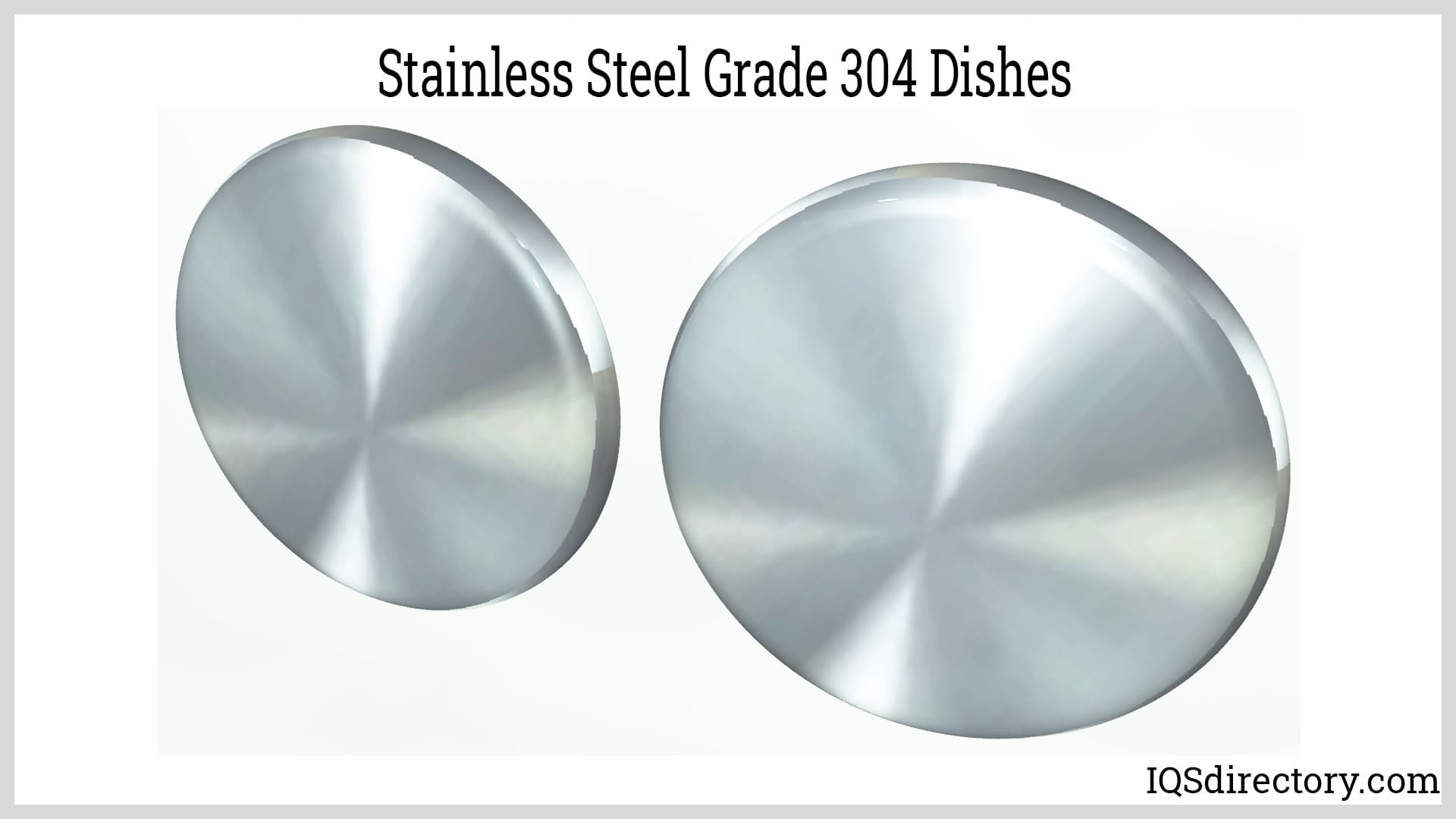
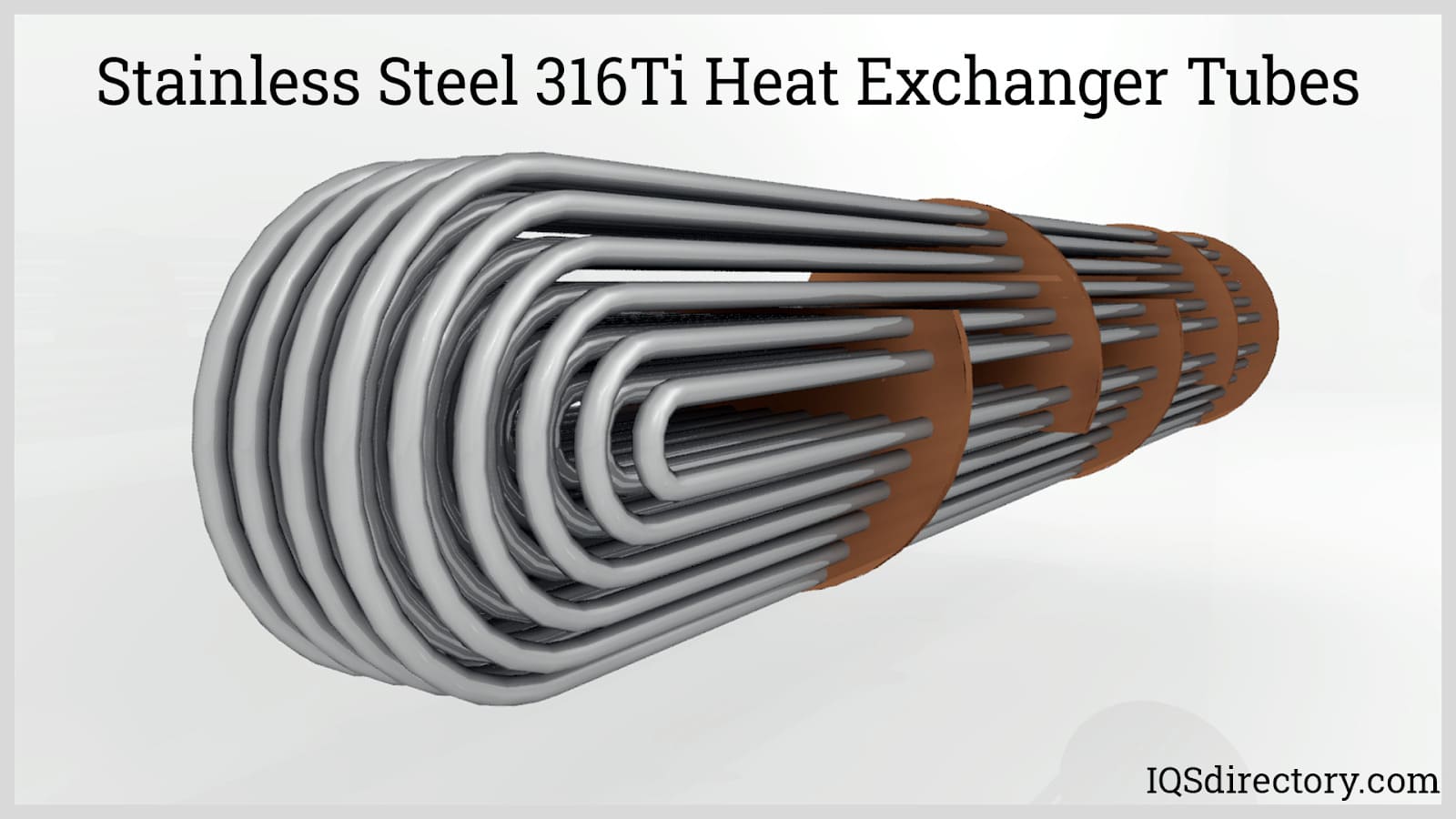
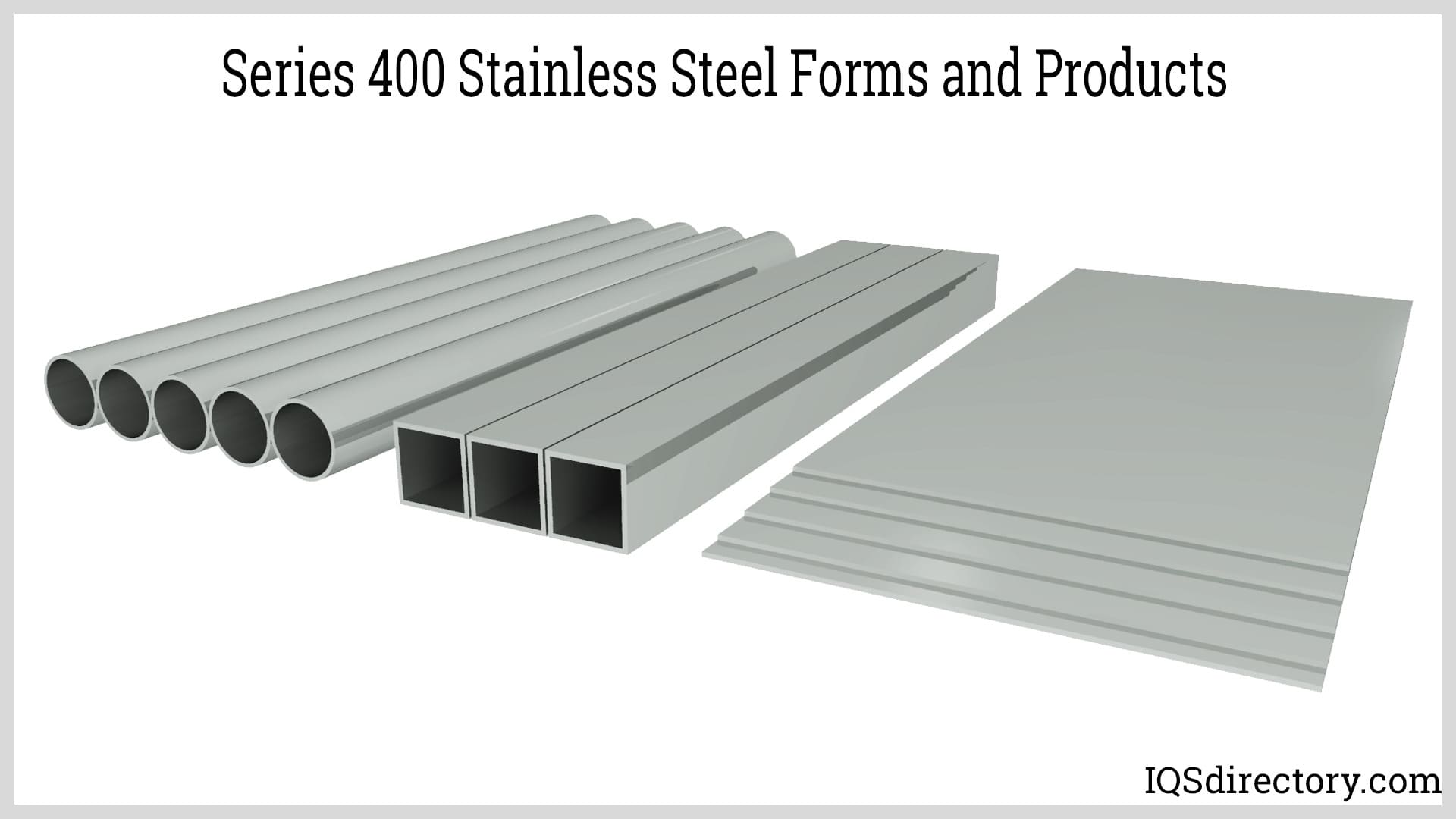

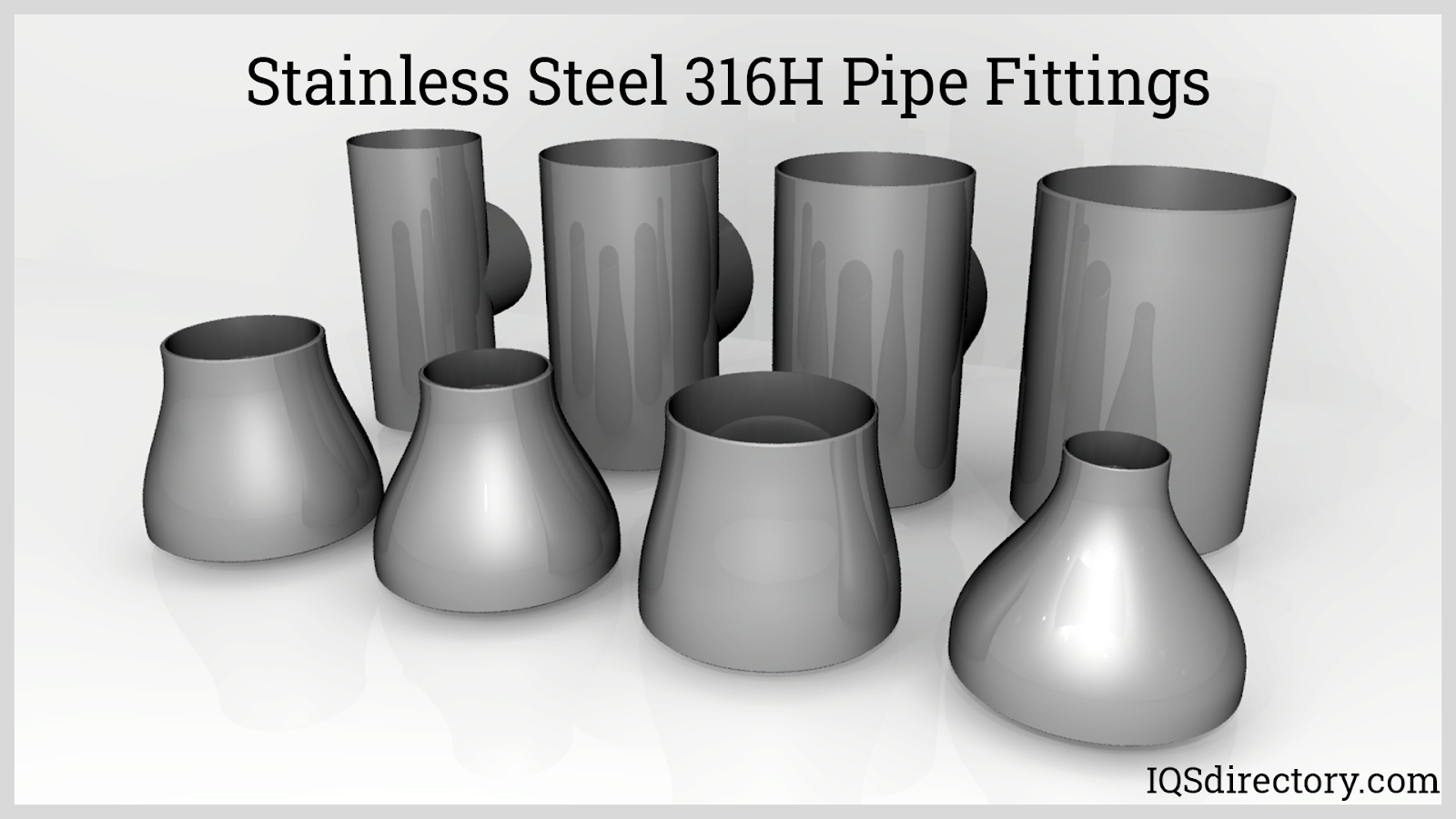


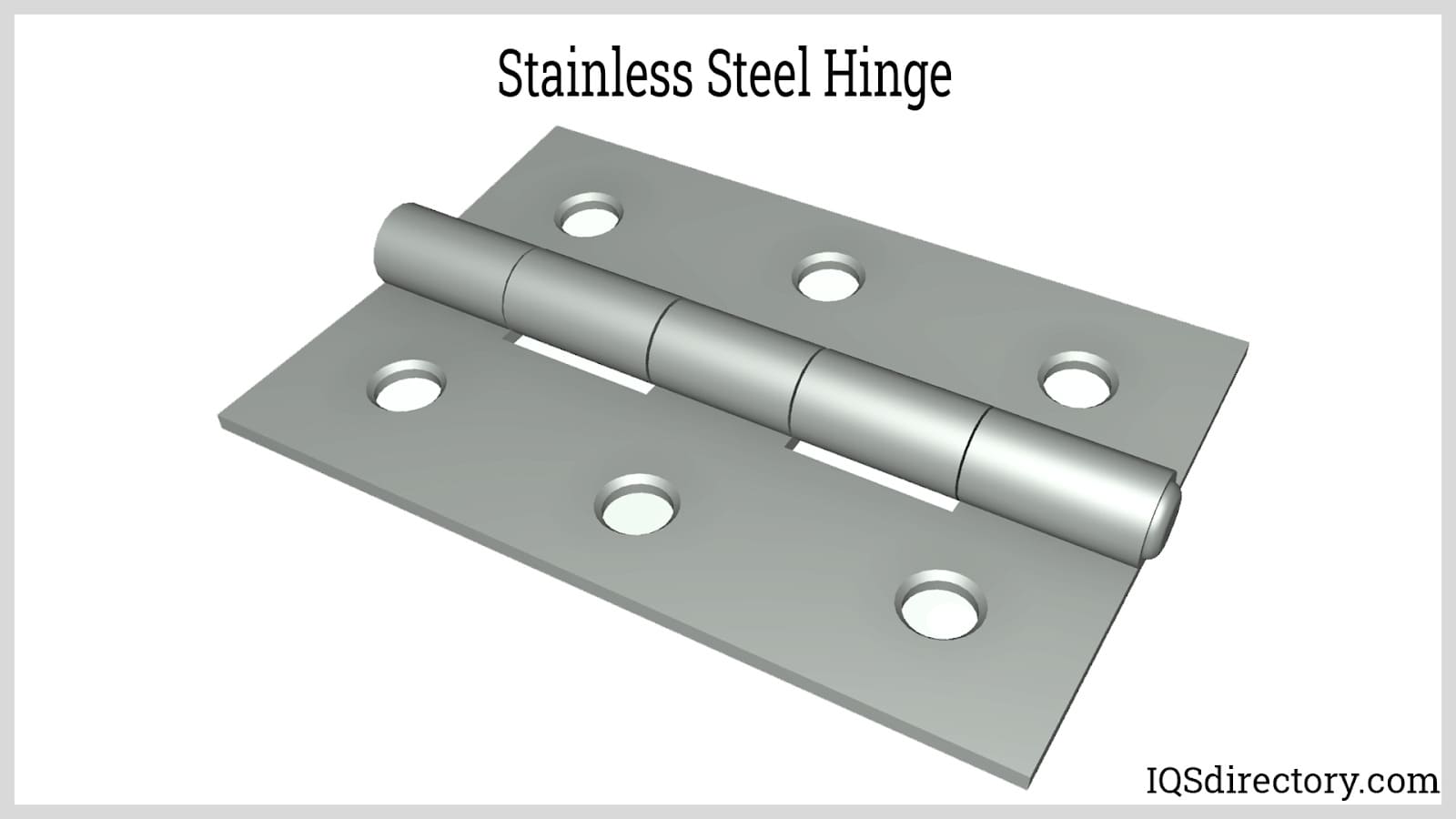
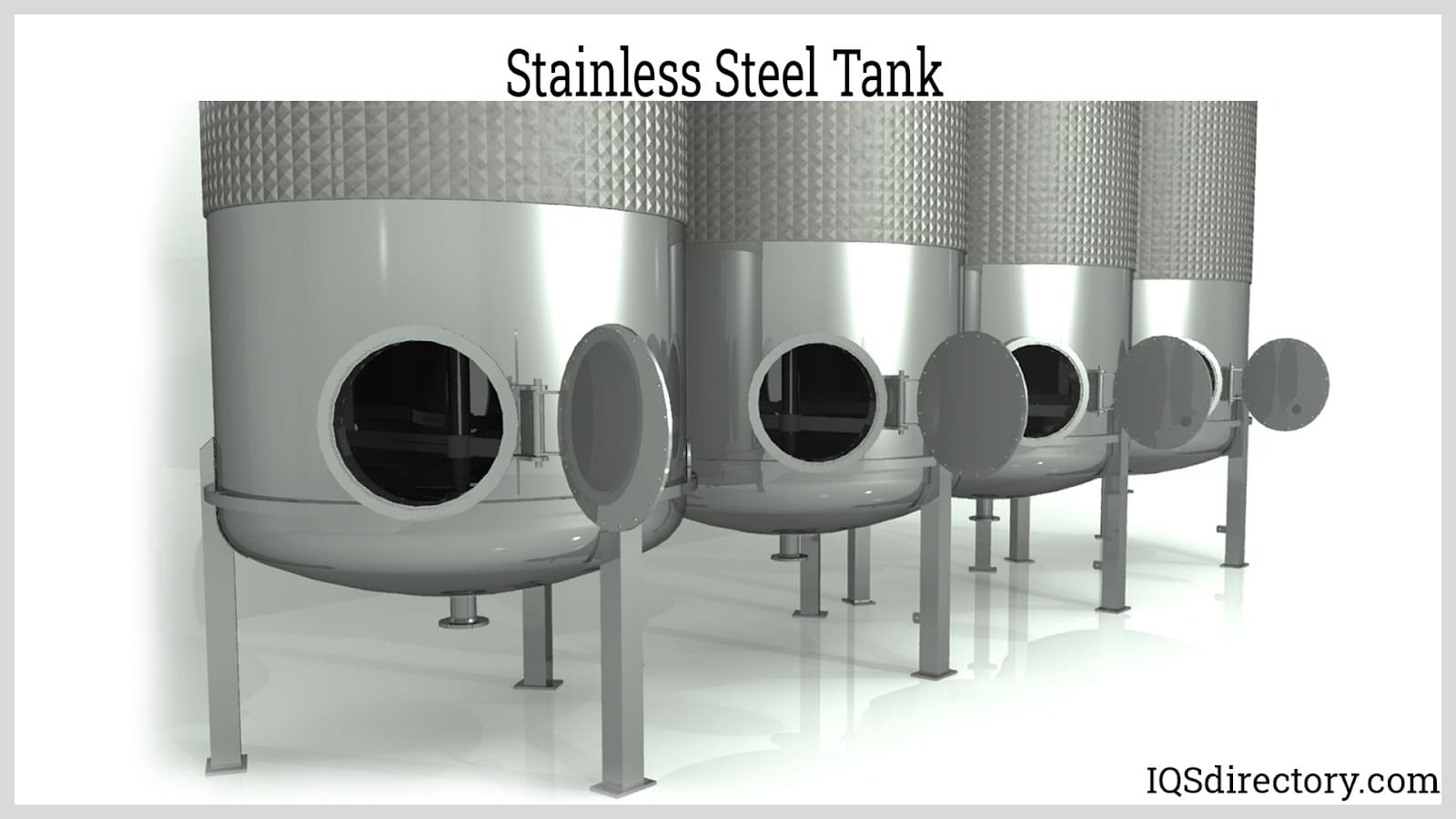
 Alloy Suppliers
Alloy Suppliers Aluminum
Aluminum Aluminum Extrusions
Aluminum Extrusions Copper-Brass-Bronze
Copper-Brass-Bronze Magnets
Magnets Nickel
Nickel Stainless Steel
Stainless Steel Stainless Steel Tubing
Stainless Steel Tubing Steel Service Centers
Steel Service Centers Titanium
Titanium Tungsten
Tungsten Wire Rope
Wire Rope Castings & Forgings
Castings & Forgings Bulk Material Handling
Bulk Material Handling Electrical & Electronic Components
Electrical & Electronic Components Flow Instrumentation
Flow Instrumentation Hardware
Hardware Material Handling Equipment
Material Handling Equipment Metal Cutting Services
Metal Cutting Services Metal Forming Services
Metal Forming Services Metal Suppliers
Metal Suppliers Motion Control Products
Motion Control Products Plant & Facility Equipment
Plant & Facility Equipment Plant & Facility Supplies
Plant & Facility Supplies Plastic Molding Processes
Plastic Molding Processes Pumps & Valves
Pumps & Valves Recycling Equipment
Recycling Equipment Rubber Products & Services
Rubber Products & Services